Hopefully by looking at our illustration, and by all the little yellow signs you saw denoting county-provided services, you get a sense of just how many things your county does to make your life better, safer and more convenient. Click on the tiles below to see what makes up that service—if you’re like many people, you’ll be surprised to learn of all the ways your county is here for you.

Administrative
KEEPING TRACK
County administrative services are vital from a records management perspective, documenting everything important that happens that might need to be referenced or accessed later. They spend a lot of time responding to open records requests as well as providing other records-related services to residents.

Communications
KEEPING YOU INFORMED
Your county most often is responsible for the programming on the public, educational, and government (PEG) public-access TV channels mostly available in metro areas. Your county also gets the word out using tools like social media, newsletters and county government websites.

Economic Development
HELPING YOUR COUNTY GROW
Businesses don’t just find their way to your county and set up shop and start hiring. It’s often a lengthy process of county officials identifying potential businesses and then encouraging them to locate there, often with incentives and tax breaks and other attractive offers. Your county also works to expand existing industries and works with other organizations like cities and state departments of economic development to attract certain other organizations.

Elections
MAKING SURE YOUR VOTE COUNTS
The election process involves many moving parts, which your county provides to you, including registering voters, maintaining the voter rolls for your county and overseeing the election process itself, including defining and evaluating a candidate’s qualifications to run for office.
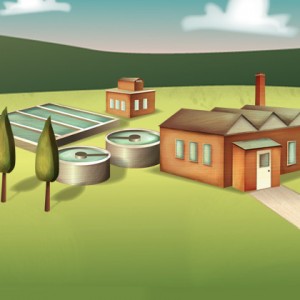
Environmental Management
PROTECTING YOUR HEALTH BY PROTECTING YOUR WATER
The earth’s most precious liquid goes through many cycles and stages. Your county diverts it and stores it in reservoirs and water towers it maintains and operates. County engineers operate vital water treatment plants and manage an immense stormwater drain network to prevent erosion and flooding.
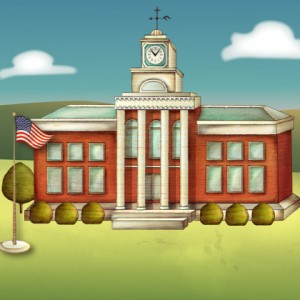
Judicial
ESTABLISHING AND UPHOLDING LAWS
No government of any size could function without the well-educated and dedicated individuals who interpret laws, resolve conflicts and provide legal representation to those who can’t afford it. Here’s a brief look at a complex legal system that’s in place to provide order in your county.
- Courts
- Superior Court hears civil and criminal cases, divorces, felonies and adoptions.
- State Court tries non-felony criminal cases; civil cases not heard in Superior Court; and hear applications for arrest and search warrants.
- Probate Court determines the validity of wills, issues marriage licenses and hears traffic cases.
- Juvenile Court handles juvenile-related cases of neglect, abuse, status offenses and delinquency.
- Magistrate Court issues arrest and search warrants, and serves as the trial court for violations of county ordinances (not every county has a stand-alone magistrate court, some counties have a combined probate and magistrate court instead).
- Alternative Courts are not present in all counties, but are established to hear cases concerned with DUIs, veterans and child support.
- Indigent Defense services (aka public defenders) are provided to individuals who are at risk of going to jail but who can’t afford legal services with an attorney. Counties typically pay about 60% of indigent defense costs in superior court and 100% in the other courts.
- The superior court clerk maintains court records and records subdivision plats and property transactions.
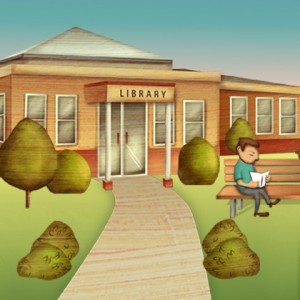
Libraries
PROVIDING A LIFETIME OF ACCESS TO LEARNING
Even though all counties may not have a library, every citizen at least has access to one as part of a regional system. And that access is literally hard to calculate the value of, with a lifetime of free loans of books, e-books, and videos, as well as free Internet and computer access to the public. Libraries also provide educational programs for children and adult education.
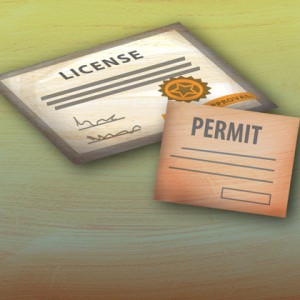
Licenses & Permits
MAKING SURE PEOPLE GO THROUGH PROPER CHANNELS
Your county takes a very proactive role in protecting your health, safety, property values and more through rigorous permitting practices, collecting fees for many of them too, including:
- Issuing Occupation Tax Certificates/Business Licenses (in counties that require them), alcohol licenses and other business-operation licenses.
- Issuing building, parade, special event, and alcohol permits.
- Issuing automobile license plates, tags, and titles.
- Issuing gun permits.
- Issuing zoning permits.
- Issuing marriage licenses.
- Collecting county (and sometimes city) property taxes.
- Maintaining and submitting property tax digest.
- Receiving sales tax returns.
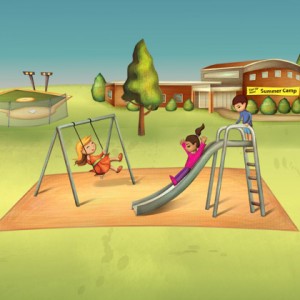
Parks and Rec
FOSTERING A LITTLE FUN
So much happens at our local parks and other recreation areas…planned for, operated and maintained by your county. They also provide camps for kids and recreation programs for people of all ages.

Planning Land Use
HAVING A VISION FOR THE USE OF YOUR COUNTY’S LAND
Lots of people are surprised to learn that their county has a long-term, 10-year plan for how land there will be used (or not). Your county not only creates this plan, but also creates and enforces zoning (in all but 40 counties), approves and monitors development and acquires land to set aside for greenspace and other uses.
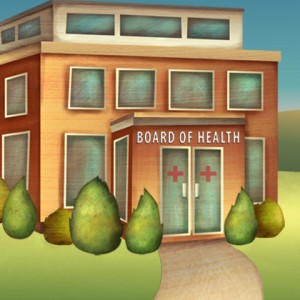
Public Health
SAFEGUARDING YOUR HEALTH AT EVERY TURN
From ensuring proper sewage disposal to inspecting restaurants and monitoring water supplies, to immunizations and family planning to testing swimming pools and other public premises, your county is focused on your health. And while counties don’t operate hospitals, many provide funding to those in their communities.

Public Safety
KEEPING YOU SAFE
As the name implies, the brave and hardworking public safety men and women in your county provide you with invaluable services when you need them most (and sometimes before you need them). You are definitely why these heroic county employees are here.
- Law Enforcement
- The sheriff operates and oversees jails, serves court-related papers, prepares and implements a courthouse security plan and has arrest powers.
- County Police Departments are used in about 13 percent of counties to serve unincorporated populations.
- Code Enforcement of ordinance violations.
- Fire Protection can be full time or volunteer fire departments that not only fight fires but also respond to chemical spills and bomb threats.
- Emergency Medical Services (EMS) operates vital ambulance service.
- 911 professionals take distress calls and dispatch public safety and emergency medical staff.
- Emergency Management staff plan for and respond to natural or manmade disasters, usually coordinated with multiple local partners and, if needed, can include state and federal agencies.
- The Coroner or Medical Examiner determines the cause of death of people who die in their counties.
- Animal Control staff regulate and license animals to control rabies, ensure animal welfare, oversee classification and enforcement of dangerous, vicious dogs and nuisance animals, adoption of pets, and the destruction of animals.
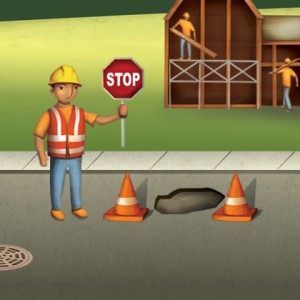
Public Works
TAKING CARE OF COUNTY ASSETS
Your county’s public works department employees are the people you see building and maintaining county roads, bridges, signs and signals. In addition to enforcing building codes, the department builds and renovates county buildings like courthouses and is also responsible for demolishing county structures that are beyond repair.
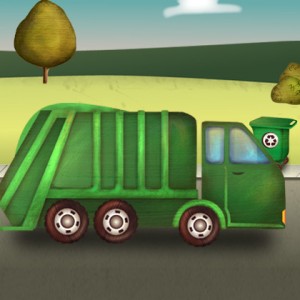
Sanitation
SAFELY DISPOSING OF THE THINGS YOU DON’T WANT
There are tons of things that go into managing the solid waste we all create. Not only does your county operate and maintain landfills (or coordinate with out-of-county landfills), but they come right to your home and cart away garbage, yard trimmings, recycling and more. So you don’t have to.
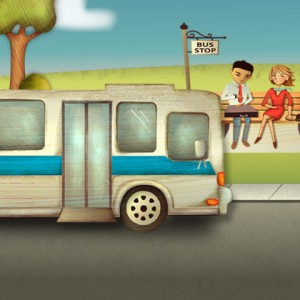
Transportation
KEEPING THINGS MOVING
Think about the various forms of transportation you and your neighbors depend on. Transit services staff keep trains operating safely and on time in metropolitan areas, while bus drivers, technicians and engineers run that crucial mass transit system. And while not in every county, airports are regulated, monitored and sometimes operated by county personnel in the counties that do have them.















